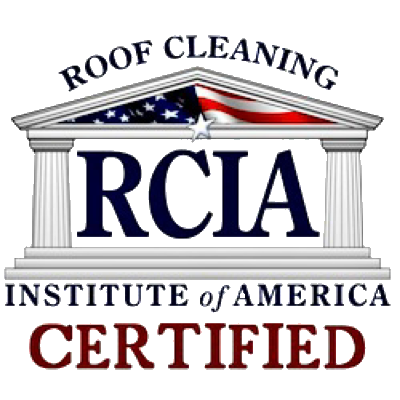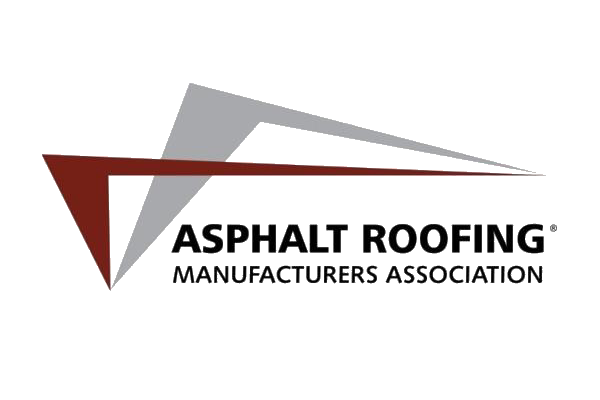Vinyl Siding Pressure Washing
Vinyl siding is popular for many reasons. It’s inexpensive, can last a long time, and easy to replace if it becomes damaged. This type of siding also looks good on a house and gives it a modern appearance. However, it can become dirty over time and ruin the curb appeal of your property.
Mold, algae, and other stains on your vinyl siding can be difficult to remove. If there is oil in the stain, it can be almost impossible to get rid of it. Special cleaners may be necessary for any level of success. For reliable vinyl siding cleaning in the Southern New Jersey area, Power Washing Genie is the answer.
Common Issues with Vinyl Siding
Vinyl siding is a durable, versatile, and low-cost material. It can also give surfaces a beautiful and finished appearance. However, as vinyl siding is exposed to natural elements over time, you may experience a number of problems. Here are the most common issues with vinyl siding.
Mold and Algae Stains:
An accumulation of dirt and debris can make your vinyl siding prone to mold and algae growth. This will lead to green, brown, or black spots on your vinyl siding. Mold and algae are also hazardous to your health.
Fading or Oxidation:
Exposure to sunlight, oxygen, and dirt can cause vinyl siding to fade, become discolored, or oxidize. With oxidation, you will see a chalky substance on the surface of your vinyl siding. If left untreated, these will lead to cracks and damages.
Rust Stains:
Hard water from leaky pipes or HVAC units will leave rust stains on your vinyl siding. Not only are rust stains unattractive, but it can also cause the protective layer to deteriorate much faster.
Moisture Buildup:
If the vinyl siding is backed with foam, it can lead to a moisture buildup. If left unnoticed, the moisture can lead to mold, mildew, or rotting.
Warping and Buckling:
Changes in temperature causes vinyl siding to expand and contract. If vinyl siding is not installed properly, the surface will become warped and buckled. Proper installation means vinyl siding is not too tight and not too loose.
Even though these are common vinyl siding issues, they can be easily dealt with. Just make sure your vinyl siding is cleaned and maintained on a regular basis.
How to Clean Vinyl Siding
It’s possible to manually clean vinyl siding with only a brush, water, and a bleach/vinegar cleaning solution. However, it will take a very long time to clean the entire surface area. Pressure washing is a great alternative because it’s quicker and more effective. It’s suitable for different types of vinyl siding including clapboard, traditional lap, dutch lap, wood grain, log, shake, board & batten, shingle, and so on. Just like any other cleaning method, though, pressure washing can lead to damage if done incorrectly. Here’s what you need to do.
Prepare the Area:
Make sure that plants, fixtures, and windows are covered up. Remove any nearby furniture or appliance. Inspect the area to see if there are issues that first need to be addressed.
Apply Cleaning Solution:
Fill the pressure washer’s detergent reservoir with a bleach-based cleaning solution. Spray the solution onto the vinyl siding. Allow it to sit for a few minutes to loosen up all the dirt, stains, and buildup.
Pressure Washing:
Use the pressure washer to clean the vinyl siding. Start with a small section and continue working your way through the different areas. Pressure: Use a maximum of 3,000 PSI when cleaning vinyl siding. Consider starting at 1,000 PSI and gradually increase pressure. This will minimize potential damage to your vinyl siding while providing optimal results.
Pressure: Use a maximum of 3,000 PSI when cleaning vinyl siding. Consider starting at 1,000 PSI and gradually increase pressure. This will minimize potential damage to your vinyl siding while providing optimal results.
Nozzle: Consider using a 25-degree nozzle. Switch to a wider angle if you want less pressure on the vinyl siding.
Sweeping Motion: Have the nozzle do a sweeping motion — working its way from top to bottom then left to right. This is to avoid unsightly streaks
Angle: Only use a straight or slightly downward angle. Never clean the vinyl siding on an upward angle. This will cause water to go inside the siding, leading to significant damage and costly repairs. Use a ladder when cleaning hard-to-reach areas.
Rinse Surface:
Once all the dirt, stains, and buildup have been removed, rinse the surface with clean water. Switch to a 40-degree or fan spray nozzle and lower PSI to 1,000 to 2,000. This is to wash away all contaminants and cleaning solutions. Spray the nozzle from top to bottom to prevent streaks from forming.
Allow to Dry:
Give the vinyl siding time to dry off.
Regular Maintenance:
Regular pressure washing is the best way to maintain the appearance of vinyl siding, as well as to extend its lifespan.
Why Hire Professionals for Vinyl Siding Pressure Washing?
You may be able to use a sponge and water to remove a single small area of dirt or mildew from your siding. If the grime is widespread, though, it will take too long to do the job by hand. And let’s face it — you don’t really want to spend an entire weekend cleaning, do you? Unless you already have the proper equipment to do the cleaning, it often makes more sense to hire a pro. Here are some benefits of using professional vinyl siding pressure washing services:
Saves Time and Money
Using the wrong technique or cleaning solution on your vinyl siding can only make things worse. You’ll have to spend more time and money redoing everything or, worse yet, replacing the siding altogether.
Conversely, professional services use the right equipment to complete the task in just a short time. They have access to ladders or lifts that help to reach high areas. Plus, they have pressure washers with all the bells and whistles to effectively get the job done.
Improves Curb Appeal
A dirty vinyl siding can significantly put a dent on the allure of your home’s exterior. You don’t want to be the only homeowner in your neighborhood to have an unkempt house. If nothing else, hiring vinyl siding cleaning services can boost your curb appeal. Professionals can achieve better results compared to DIY cleaning. Additionally, it has been shown that well-preserved homes can ward off criminal activity.
Maintains Property Value
Nobody wants to sell their house at a loss. But, for improperly maintained homes, that can be a reality. Mold, mildew, and other substances can greatly damage your vinyl siding, as well as give it an unsightly appearance.
No one will want to buy your home if it requires polishing and numerous costly repairs. In the end, a spotless and well-kept house protects your investment and maintains the value of your property





